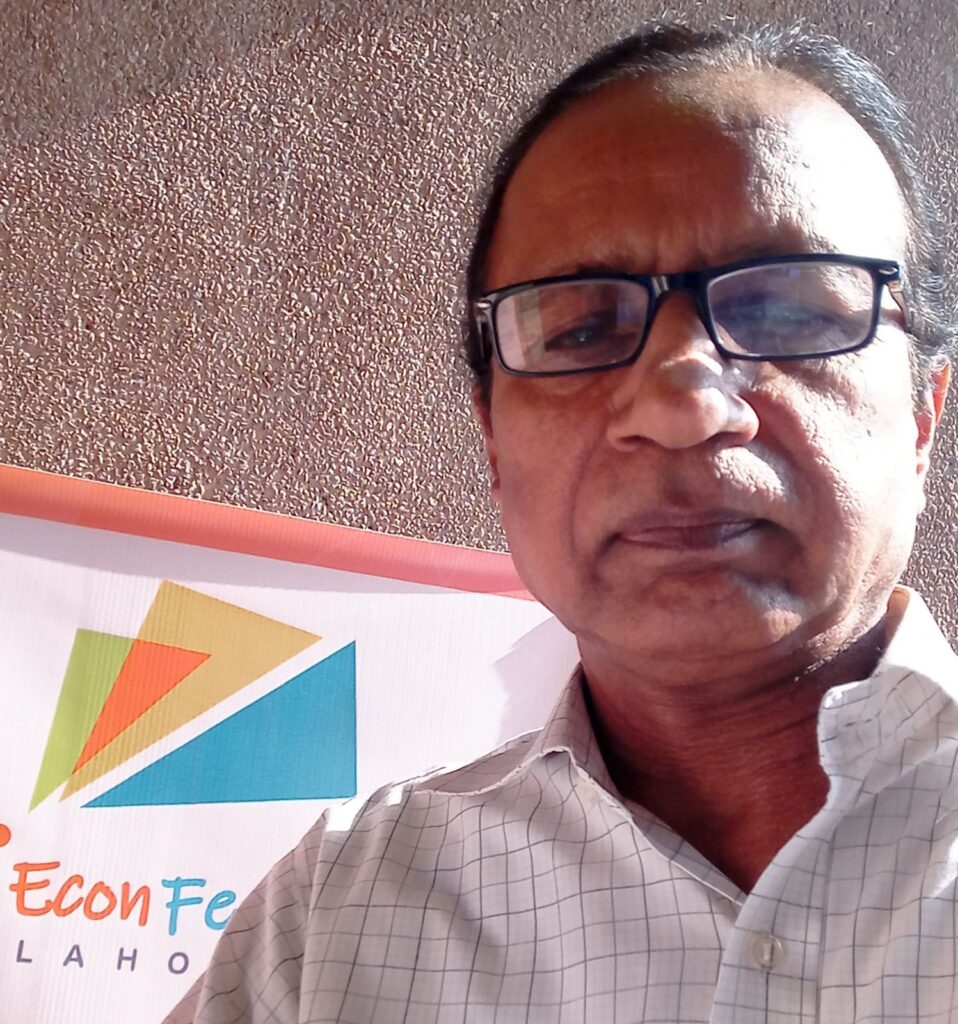Download the Report in PDF: PMLN – 5 Years and Unfulfilled Promises
For the first time in the history of Pakistan, a think tank has tracked the promises made by a political party in its Election Manifesto. The think tank is: Policy Research Institute of Market Economy (PRIME, based in Islamabad); and the party is: Pakistan Muslim League (N). The initiative was known as the “PML-N Economic Manifesto Tracking Report” and the funding for it was provided by the Center for International Private Enterprise (CIPE), an Institute of the USA’s National Endowment for Democracy (NED).
PRIME, aka Prime Institute prepared and released in total 10 Tracking Reports, the first in January 2014 and the last in January 2018.
I was part of the Tracking Team, but not for the concluding Report. Basically, the idea and the methodology was the brainchild of Ali Salman, Executive Director of the Institute. I did …
How to Privatize Successfully – Part I
If privatisation needs to be done, it has to be done because it is the decisive step in transforming the economic system. Regarding foreign help Dr Klaus is very blunt: I think that the typical foreign help was sending would-be advisors and consultants. It became one of the most profitable businesses in the 1990s – to become a consultant and advisor in the transforming societies.
Their recommendations weren’t useful and not very good. You have had some experience with troubles in South East Asia in the second half of the 1990s – it seems to me that it has become an accepted truth that it was a tragic mistake of IMF policies for all of what happened in countries like Indonesia, Malaysia and elsewhere.
And, he goes
…
Changing the economic system is not an easy task. And, of course, it is more complex when carried out half-heartedly. As privatisation is only a part of this process, it may not succeed if done in an isolated manner. It needs certain other changes and a competitive environment to bear fruit.
A case in point is Czechoslovakia. It provides us with a very good learning experience to see how after the fall of a collectivist state the gigantic task of changing the economic system was handled.
Presently, Dr Vaclav Klaus is President of the Czech Republic. He was Prime Minister from 1992 to 1997. Dr Klaus was one of the key members of a movement, Velvet Revolution, which overthrew communism in Czechoslovakia and one of the founders of the Czechoslovak Civic Forum Movement, the leading political organisation following the Velvet Revolution
The credit for any reduction in poverty in the country goes to privatisation, de-regulation and liberalisation, not to the so called pro-poor expenditures.
Over a period of five years between 1999-2004, the government of Pakistan spent Rs.1 trillion on poverty reduction. According to the Finance Ministry, Poverty Reduction Special Programme included budgetary and non-budgetary expenditures both by the federal and provincial governments.
Now, the ‘Labour Force Survey 2005’ (first two quarters) reports that over the last five years, the government has spent a hefty amount of Rs.1332 billion on poverty-related and social sector programmes to help the poor and vulnerable sections of the society. The PRSP expenditures — budgetary and non-budgetary — during 2001-05 stood at Rs.1124 billion; the budgetary expenditures averaged 4.1 per cent of the GDP for the period. Of this, the government spent Rs.316.2 billion on pro-poor sectors exceeding the targeted Rs.278 billion by Rs.38 billion. And,
…

